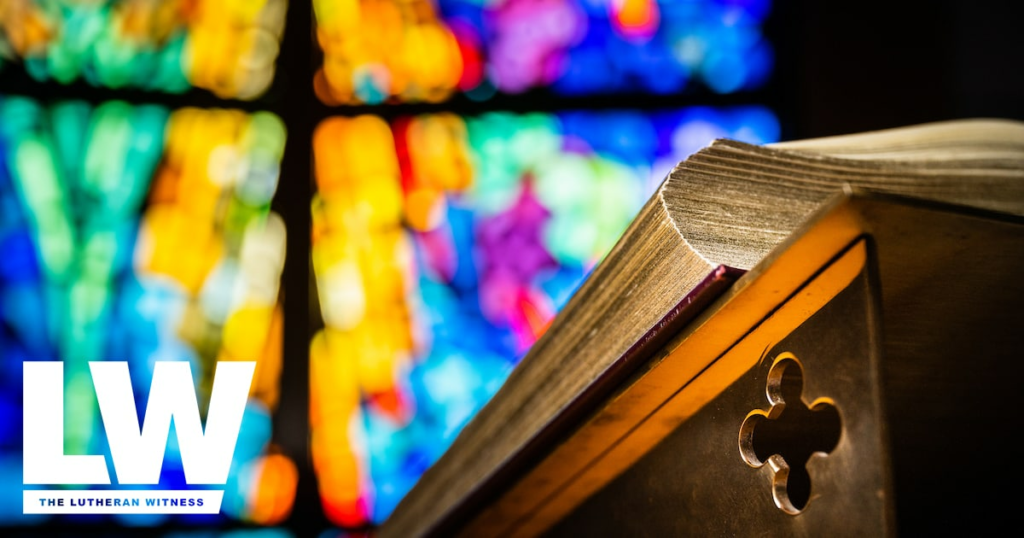by Rev. Dr. Jerald C. Joersz
Q: Do the Lutheran churches have an opinion concerning the Masonic Lodge and other similar organizations?
A: Lutheran churches in the United States in varying degrees and at various points in their history have taken positions opposing lodge membership (particularly the Masonic Lodge), although some have relaxed or even removed their opposition in recent decades.
From its very beginning, The Lutheran ChurchMissouri Synod has consistently taken an official position that membership in organizations that conflict with central teachings of the Christian Church is objectionable and requires a conscientious pastoral approach. Such organizations include especially the Masonic Lodge, its related organizations and the so-called “animal lodges” (e.g., Elks, Moose, Eagles, etc.).
Over the years, the Synod and its agencies have produced a considerable amount of literature detailing the scriptural and confessional rationale for the Synod’s historic position on the topic. Most recently, the Commission on Theology and Church Relations (which provides specific guidance in this area) published a document titled “Membership in Certain Fraternal Organizations: A Pastoral Approach” (February 2009). It is available online (http://ow.ly/8iscL) or may be obtained by contacting the CTCR’s office at 1-800-248-1930, ext. 1433.
The document begins by noting with appreciation that fraternal organizations typically carry out many commendable humanitarian efforts and provide “social opportunities that contribute significantly to the common good of our society.” It then summarizes the Synod’s concern regarding membership in some of these organizations. The Synod’s primary concern “has to do with participation in lodge rituals and ceremonies that involve a Christian in a contradictory confession regarding central truths of the Christian faith.”
These truths include the doctrine of the Trinity, the person and work of Christ and justification by grace through faith in Christ alone. “Such a contradictory or inadequate confession,” the document explains, “occurs most specifically when a generic Supreme Being is invoked in religious rituals apart from any reference to Jesus Christ and/or when the saving work of Christ is denied by teachings that assert or imply that living a moral life together with lodge membership assures eternal reward.”
The Synod’s approach to lodge membership reveals its concern that “pastors and congregations (and their individual members) give a clear, truthful, and uncompromising witness, both publicly and privately, to the one and only Gospel set forth in Holy Scriptures'” (cf. Matt. 10:3233).
A responsible pastoral approach requires proper instruction on the basis of the Scriptures and Lutheran Confessions and “patient and loving discussion” that seeks to inform congregation members regarding the implications of lodge membership. Since local practices do vary somewhat, pastors will seek to obtain accurate information as they provide spiritual counsel to individuals regarding membership in them.
Above all, pastors and congregations desire to communicate a loving regard for the spiritual welfare of all whom they serve, most especially their relationship to Jesus Christ, who died and rose again for all and through whose name alone there is eternal salvation (1 Tim. 2:5; John 3:16; 14:6).
—
> The 2010 official LCMS Handbook includes specific bylaw provisions regarding membership in fraternal organizations (3.9.5.3, 3.9.5.3.1).
About the author: The Rev. Dr. Jerald C. Joersz was formerly an associate executive director of the LCMS Commission on Theology and Church Relations.
Send your questions to Q&A, c/o The Lutheran Witness, 1333 S. Kirkwood Road, St. Louis, MO 63122-7295. Please include your name and address. All questions will be considered, but none can be answered individually.
February 2012






Thank you for that. I read the CTCR report and clearly understand